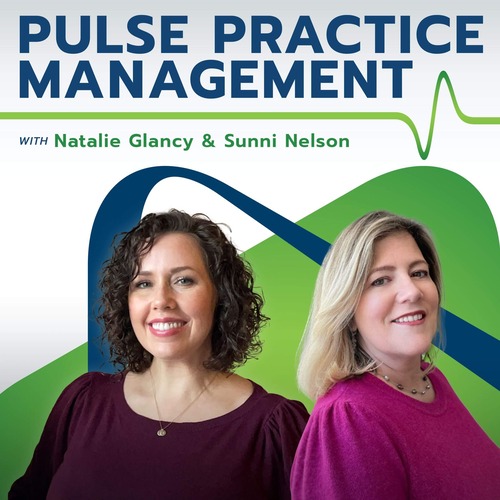
In today's digital age, healthcare providers face an ever-growing challenge: protecting sensitive patient data and critical systems from cyber threats. As technology becomes increasingly integrated into healthcare delivery, the importance of robust cybersecurity measures cannot be overstated. This blog post explores the crucial role of cybersecurity in healthcare and outlines strategies to safeguard patient information and maintain the integrity of healthcare systems.
The Importance of Cybersecurity in Healthcare
The healthcare sector is a prime target for cybercriminals due to the wealth of valuable data it holds. Patient records contain a treasure trove of personal, financial, and medical information that can be exploited for various malicious purposes. Beyond data theft, cyber attacks can disrupt critical healthcare services, potentially putting patients' lives at risk.
Effective cybersecurity measures are essential to:
- Protect patient privacy and maintain trust
- Ensure the availability and integrity of medical records
- Safeguard critical medical devices and systems
- Maintain compliance with healthcare regulations
- Prevent financial losses and reputational damage
Common Cyber Threats in the Healthcare Sector
Healthcare organizations face a variety of cyber threats, including:
- Ransomware attacks: Malicious software that encrypts data and demands payment for its release
- Phishing scams: Deceptive emails or websites designed to steal login credentials or install malware
- Insider threats: Unauthorized access or data breaches caused by employees or contractors
- Medical device hijacking: Exploitation of vulnerabilities in connected medical devices
- Data breaches: Unauthorized access to patient records or other sensitive information
- Distributed Denial of Service (DDoS) attacks: Overwhelming systems to disrupt services
Understanding these threats is the first step in developing effective cybersecurity strategies.
Best Practices for Protecting Patient Data
To safeguard patient information, healthcare organizations should implement the following best practices:
- Encryption: Utilize strong encryption for data at rest and in transit
- Access control: Implement strict user authentication and role-based access controls
- Regular backups: Maintain frequent, secure backups of all critical data
- Data minimization: Collect and retain only necessary patient information
- Secure disposal: Properly destroy or securely erase data when no longer needed
- Audit trails: Maintain detailed logs of all data access and modifications
Securing Healthcare Systems and Networks
Protecting the systems and networks that handle patient data is crucial.
Key strategies include:
- Robust firewalls and intrusion detection systems
- Regular software updates and patch management
- Network segmentation to isolate critical systems
- Secure Wi-Fi networks with strong encryption
- Virtual Private Networks (VPNs) for remote access
- Endpoint protection on all devices, including mobile devices and medical equipment
Compliance with Healthcare Data Protection Regulations
Healthcare organizations must adhere to various regulations designed to protect patient data.
Key regulations include:
- HIPAA (Health Insurance Portability and Accountability Act)
- GDPR (General Data Protection Regulation) for organizations handling EU citizens' data
- State-specific privacy laws
Compliance involves:
- Regular risk assessments
- Implementing required security controls
- Maintaining documentation of security practices
- Reporting data breaches as required by law
The Role of Staff Training in Cybersecurity
Human error remains one of the biggest cybersecurity vulnerabilities.
Comprehensive staff training is essential and should cover:
- Recognizing and reporting phishing attempts
- Proper handling of sensitive data
- Password best practices
- Social engineering awareness
- Incident response procedures
- Compliance with organizational security policies
As cyber threats continue to evolve, healthcare organizations must remain vigilant in protecting patient data and critical systems. By implementing robust cybersecurity measures, staying compliant with regulations, and fostering a culture of security awareness, our team at Applied Medical Systems can significantly reduce their risk of cyber attacks. Protecting patient data is not just a technical challenge – it's a fundamental aspect of providing high-quality, trustworthy healthcare in the digital age.

